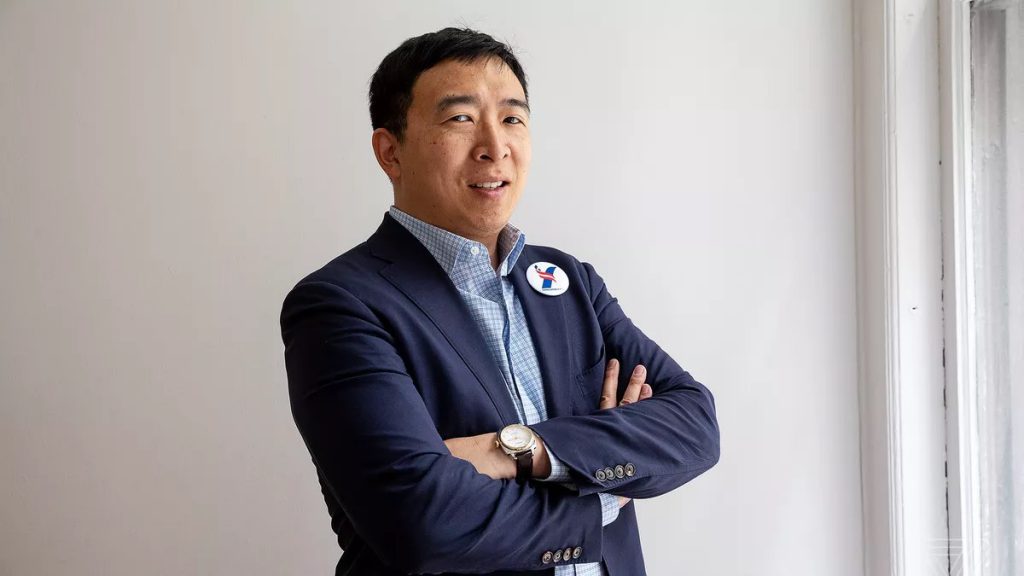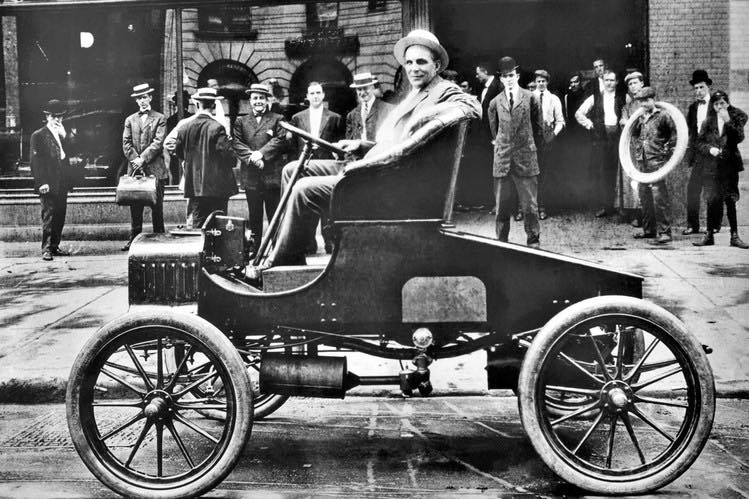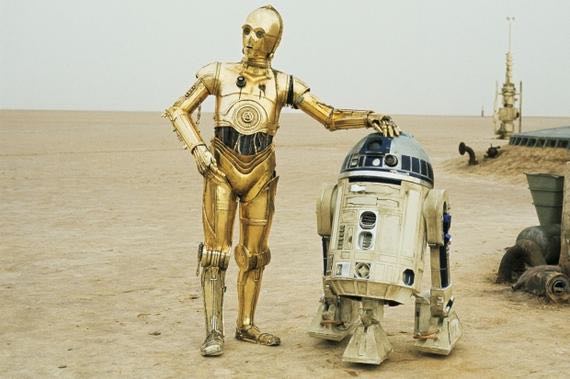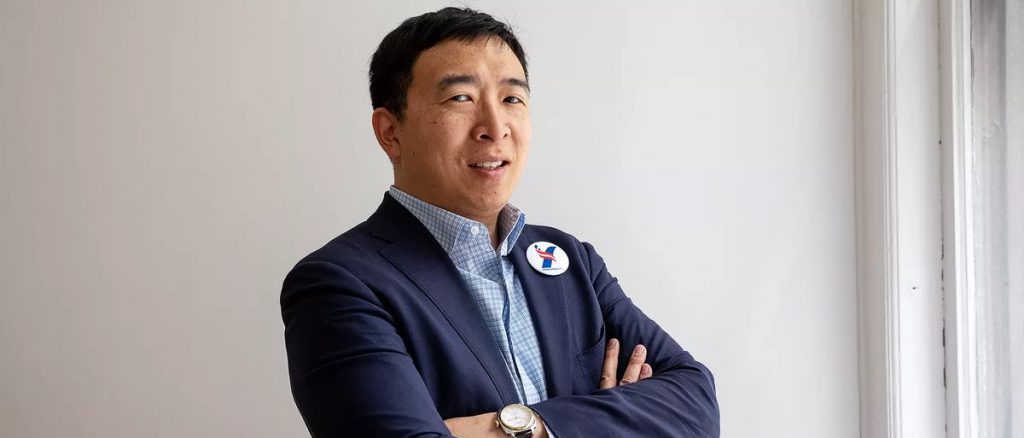For decades, I’ve recognized the inevitability of Universal Basic Income (UBI).

When left to our own devices, we humans have an inexorable drive to improve ourselves. That drive is devoted to many fields in the arts, humanities, and technology. Along the way, we create more efficient ways to accomplish the mundane and repetitive tasks of our lives, from tools for harvesting and building, to assembly lines, to robots and artificial intelligence. These achievements were inevitable from the moment we developed opposable thumbs.
Automation allows us to do things we could not do before. No human could build a microchip—we simply cannot see and manipulate objects at such a small scale. Automation also allows us to accomplish repetitive tasks with fewer people; build more cars with fewer workers; checkout more customers with fewer clerks; drive more miles with fewer drivers. Again, these achievements were inevitable from the moment we developed the first assembly lines.
The Unintended Consequences of Automation

As we continue to automate away more and more mundane and repetitive jobs, people are freed to pursue more creative work! Well, that was the plan anyway. Instead, people are being forced into poverty on a scale we haven’t seen since the beginning of the Industrial Revolution.
The plan was that people whose jobs were eliminated by automation would be retrained to do more lucrative jobs in the “new economy”. But the opposite has happened, and this too was inevitable. The average displaced worker is closer to retirement age than not. Those workers have neither the time nor the savings to support retraining and rehiring. Companies who are looking to hire new technology workers are looking for younger workers, who will return more value on the investments of training and experience. Instead, these displaced workers find their savings quickly exhausted and their retirement plans replaced with panic over basic survival needs.
UBI Is Inevitable

Some politicians have suggested that the solution to this problem is to “revitalize our manufacturing economy.” That will never happen. We cannot turn back the clock and we really don’t want to. We’ve worked hard to grow past the drudgery of repetitive, and often dangerous, manual labor. The promise of automation is freedom to pursue more rewarding interests. We all have dreams; we now have the opportunity to pursue them.
The solution is not to step backward into our Industrial Age past, nor is it to blame immigrants who had absolutely no part in creating the problem. The solution is to step forward into the future economy, which is far more promising.

Thanks to automation our economy is stronger than it’s ever been. Building more things with fewer resources is good for business! The problem is that the divide is growing between those who benefit from this expansion and those who do not.
The solution is simple. We have the largest economy in the world, both per-capita and by GDP. We absolutely can afford to provide a minimum income to all Americans.
Andrew Yang’s proposal, which he calls the Freedom Dividend, would give $1,000 per month to every American citizen over the age of eighteen. This is well within our economic power and would provide across-the-board benefits to our country and our economy.
Benefits of UBI

Under existing social welfare programs, benefits are tied to specific uses, like food or medicine. By allowing the recipient to choose how to spend their benefits, UBI reduces the bureaucracy and overhead associated with administering traditional programs. If people need food, they’ll buy food. If they need to have their car repaired, they’ll have their car repaired. The government is not involved in those decisions.
Studies show that UBI allows people to spend more in their local communities, at local stores, repair shops, and service providers. This will build the economies in areas that have been stagnating in recent years.
Stay-at-home caregivers, mostly women, are rarely rewarded in the current economy. UBI will pay these people directly, rewarding hard-working mothers and others who do the necessary work of raising our children and caring for the elderly and infirmed.

Many UBI recipients will start businesses where they would otherwise have been unable to afford the time and investment.
UBI will allow many more people to do non-profit work or devote their time to arts and sciences.
Poverty and financial insecurity take a toll on the economy as well as the health of those in dire circumstances. UBI will reduce these conditions and improve the health of millions of people.
Costs of Mr. Yang’s Freedom Dividend
When considering the cost of the Freedom Dividend, we must start by asking, what does poverty cost us today?

We currently spend about $500 to $600 billion per year on various welfare programs. We also spend over $1 trillion on incarceration, healthcare, homelessness, and related programs for the destitute. We spend an additional $200 billion or so on emergency room care, police services, and other indirect costs of poverty. And for all this money we spend, the problem continues to get worse.
Andrew Yang proposes a Freedom Dividend of $1,000 per month for every US citizen over the age of eighteen, regardless of income or employment status. Estimates of the direct cost come in around $2.8 trillion per year.
In addition to saving about $1.8 trillion annually on the direct and indirect costs of poverty, a European-style value added tax (VAT) on technology and related products and services would generate about $800 billion in revenue. And the added economic stimulus of putting $12,000 per year into the hands of every adult American would add further trillions to the country’s revenue.
A Trickle-Up Economy
The current economy is strong, but it’s not benefiting most Americans. The vast majority of Americans are one $400 unexpected expense from financial disaster.

Over and over again we’ve been promised that money will trickle down from the very wealthy to the working class and that’s never happened. Instead, by putting that money directly in the hands of every adult American it will trickle up, from Main Street to the larger economy, for the benefit of all Americans.
I’ve long maintained that UBI is both sensible and inevitable. Andrew Yang has proposed a well-considered plan that helps the average American while reducing the costs and bureaucracy of existing social benefits programs. Mr. Yang’s program is supported by all sides of the political spectrum, from the far-left to the far-right and many of those in the middle.
As Mr. Yang has said, “We have the resources to eradicate poverty in this country. All we need is the political will.”


